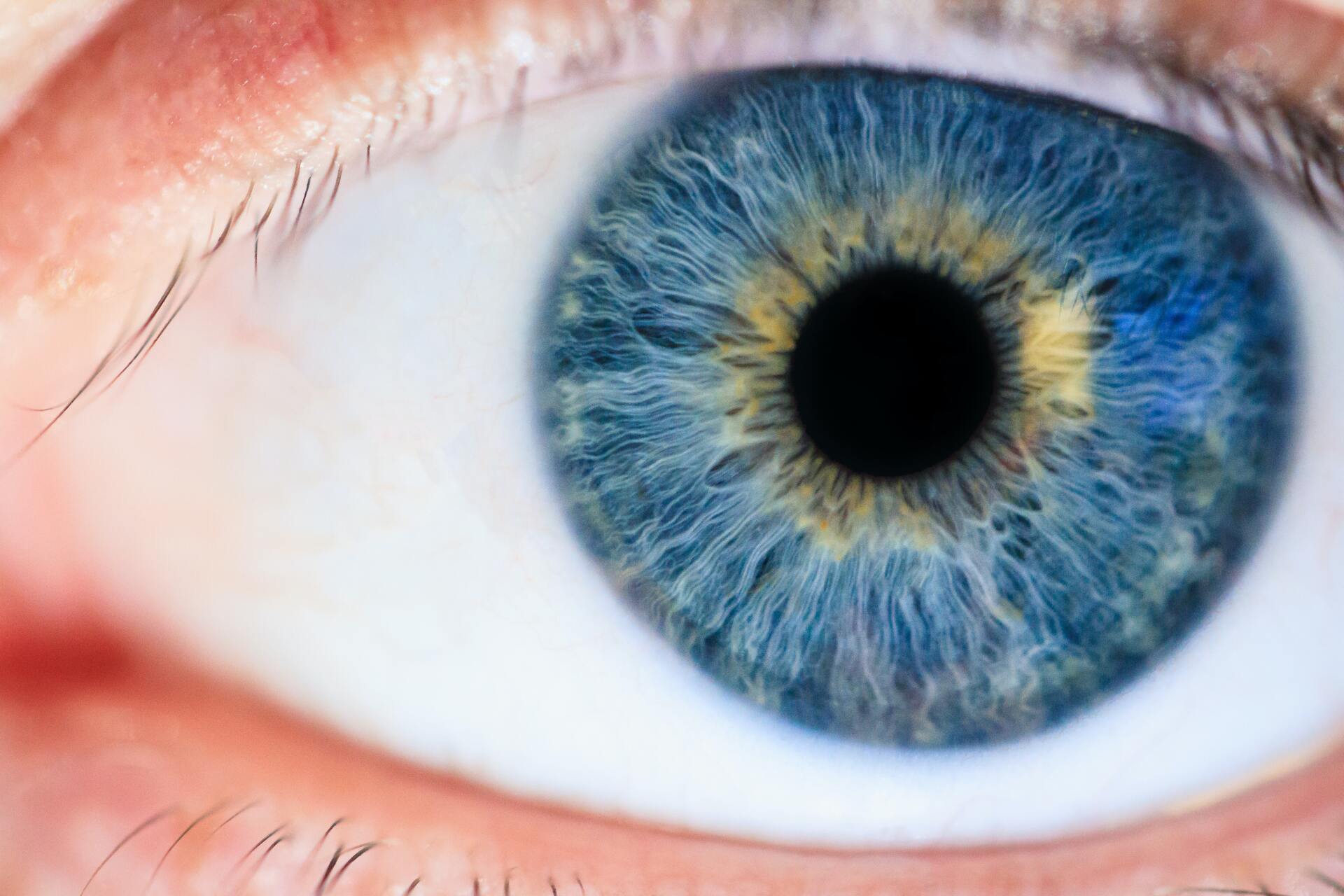the good doctor on: More Myopia Than Ever

Blog #47 More Myopia than ever
The pandemic again. We have been busy at Burlington Eyecare since June, 2020. We are just starting to get caught up on the backlog of appointments and have seen several trends during this unprecedented time, most relating to the inordinate amount of time we now spend on our screens: virtual schooling, work from home, zoom time... We have seen a lot (a LOT) of dry eyes, but more worrisome is the increase in myopia in children.
Myopia = nearsightedness, the inability to see clearly in the distance.
More children have myopia than ever before. The main reason is environmental. Children learn increasingly in near environments and consequently the eye trends to an increase in myopia. This has been happening for a while. The pandemic, however, has been the perfect storm causing a huge increase in screen time, school and leisure, and now a huge increase in the development of myopia and in the degree of myopia. , Recently the CBC pointed out this development.
How can we prevent or slow the development of myopia in our children? (Note: Some children will develop myopia no matter what the parent does, this is genetically determined. We are discussing environmentally induced myopia.)
- Control screen time.
- Space out the screen time, taking scheduled breaks during the day.
- Hold devices further out; this reduces strain to the eyes.
- Replace screen time with outdoor activity when possible.
At Burlington Eyecare we encourage parents to bring their children in for their first eye exam as early as six months of age. We then see the child annually or as needed if symptoms arise. All during their early years parents and teachers are instructed to watch for symptoms of myopia: squinting, blur at distance, headaches. The optometrist will track the refractive state of the child and watch for any significant changes.
Between 6 and 15 years of age, there are a variety of treatments to slow myopia, ranging from soft bifocal contact lenses, orthokeratology-night lenses, specially designed spectacle lenses, and finally low concentration atropine drops. If these interventions would be helpful, your optometrist will discuss the best option for you and your child.
Once again, do not hesitate to call our office and arrange a visit for your child.
Til next week,
the good doctor, Dr. Mark Germain, Burlington Optometrist






